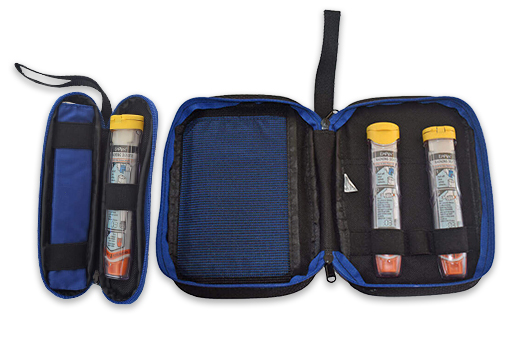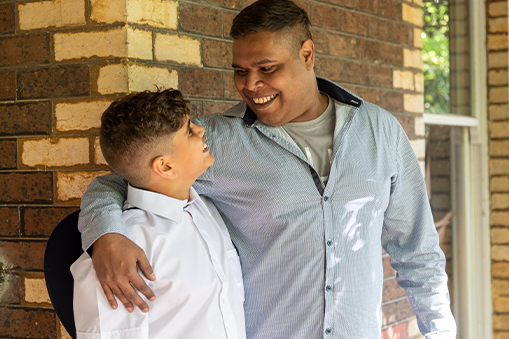Here are steps to follow after using EpiPen® or EpiPen® Jr:
- Call triple zero (000) for an ambulance immediately after using EpiPen®. Anyone who has had a severe allergic reaction (anaphylaxis) should be examined by a doctor and monitored for at least four hours.
- Record the time EpiPen® was given.
- Be prepared to start CPR if a person experiencing anaphylaxis stops breathing normally and is not fully conscious.
- If the patient is conscious, ask if there is anyone you can call for them – a family member or friend. Keep talking to them and reassure them that help is coming.
- Give a repeat dose of EpiPen® or EpiPen® Jr if symptoms recur or have not subsided after 5-15 minutes. However, no more than two doses should be given without medical advice. EpiPen® and EpiPen® Jr auto-injectors contain a single dose. If a second dose is required, a second auto-injector must be used.
- Ensure the patient does not stand up, eat or drink.
- If the patient has asthma, you can administer their asthma reliever puffer after using EpiPen®. Always use EpiPen® first.
- After using EpiPen®, keep it somewhere safe and hand it to the ambulance or hospital staff for disposal. Do not put it in a rubbish bin.
How to use EpiPen®
You don't need medical training to use EpiPen®. Watch our training video and ask your family and friends to watch too.
























